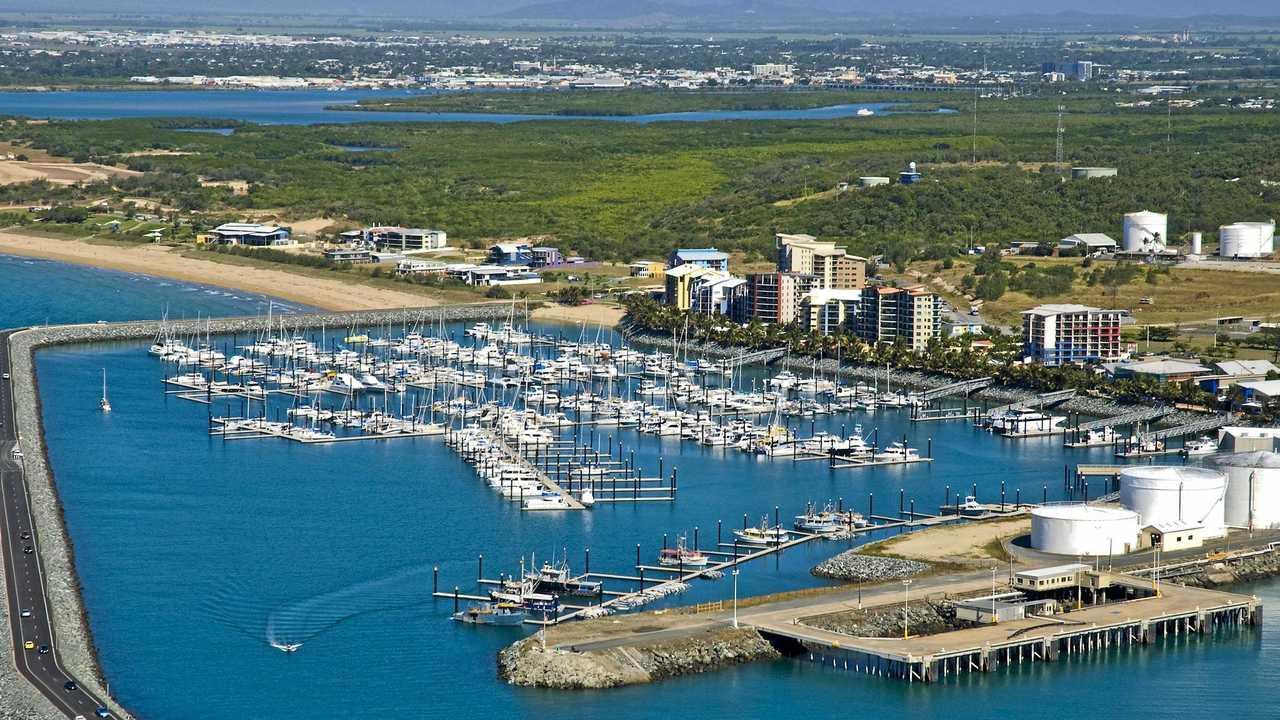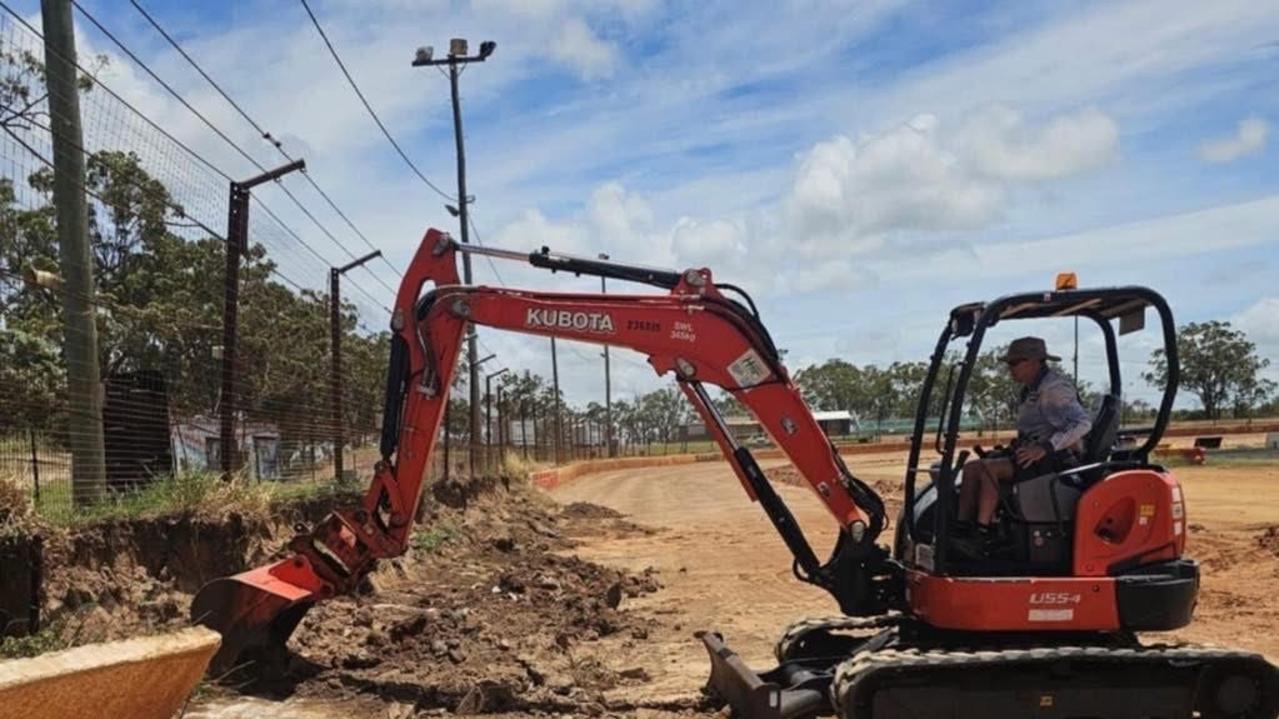Cops expose seedy underbelly in Noosa region
It's now one of the most popular Queensland tourist attractions but it was once a sordid hive of illegal gambling and illicit sex. See the photos from when a group of honest cops took down the region's seedy underbelly.
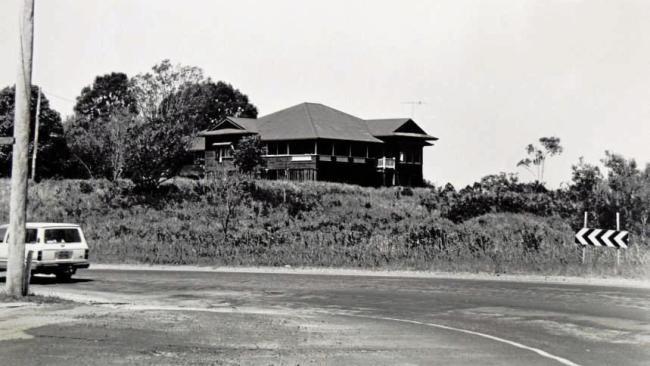
Regional news
Don't miss out on the headlines from Regional news. Followed categories will be added to My News.
WHAT'S now one of the most sought-after coastal strips for tourists was once a sordid hive of illegal gambling and illicit sex.
A core group of honest cops in the region took it upon themselves to take down a secret casino operating out of a number of premises around Noosa, while prostitution rackets were busted in a series of raids across Maroochydore.
Exhibits tabled to the Fitzgerald Inquiry into police and government corruption have revealed the region's seedy underbelly, which thrived in the 1980s, 30 years after the groundbreaking report was released.
Former Noosa Heads Detective Sergeant and later Queensland Police Commissioner Bob Atkinson recalled their efforts, which resulted in the conviction of underground casino boss Jim Barber.
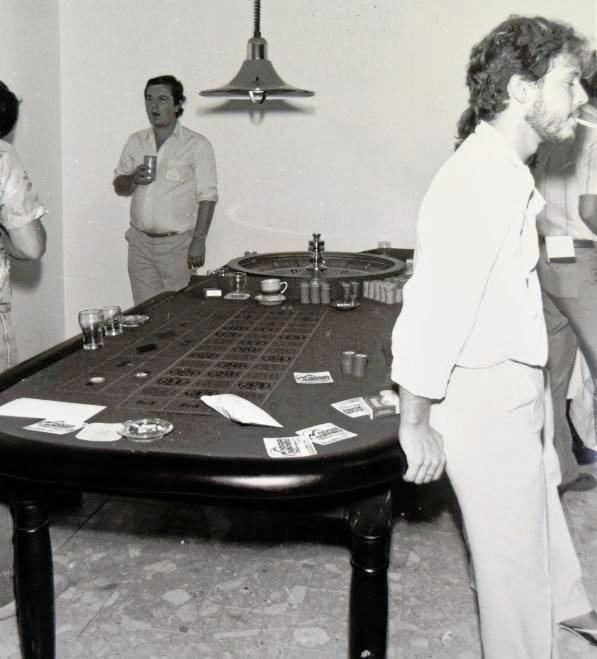
Mr Atkinson said they'd received intelligence that the casino had been running out of Marcus Beach, but a Licensing Branch raid of that premises ended with gambling equipment being handed back to Barber, and no conviction recorded.
"That particular exercise in closing it down the first time was a sham," Mr Atkinson said.
Barber forfeited a cash bail, and that was as far as it went, with Licensing Branch officials struggling to convict due to the antiquated nature of the gaming law which dated back to 1857.
Mr Atkinson said Barber re-established his casino operation in Sunshine Beach, and that's when local cops took matters into their own hands.
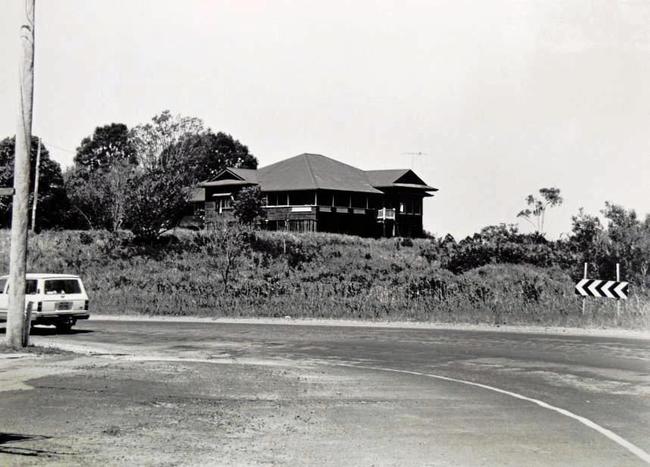
In his statement dated December 7, 1987, to the Fitzgerald Commission of Inquiry, publicly available through Queensland State Archives, Mr Atkinson told of the renewed attempt to break up the casino.
Mr Atkinson had learnt of a secret casino operating above a garage and fruit shop in Noosa Junction, which had shifted to a property on Duke St, Sunshine Beach, and operated on Friday nights.
Barber was non-committal during an interview about receiving the gambling equipment back from Licensing Branch.
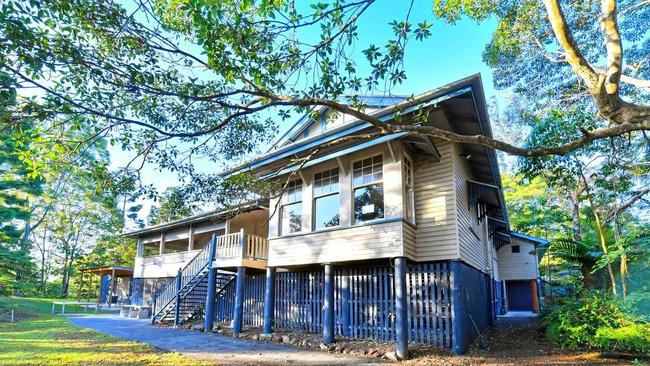
"Fortunately there were three very honest people in quite senior positions on the Sunshine Coast," Mr Atkinson said.
The three he referred to were former head of Sunshine Coast Criminal Investigation Branch Ken Strohfeldt, former District Officer Inspector Brian Murphy and senior police prosecutor Cliff Crawford.
Covert operatives were used regularly to infiltrate the illegal casino on Duke St, and one afternoon on Friday, August 24, 1984, Jim Barber's casino was raided once again.
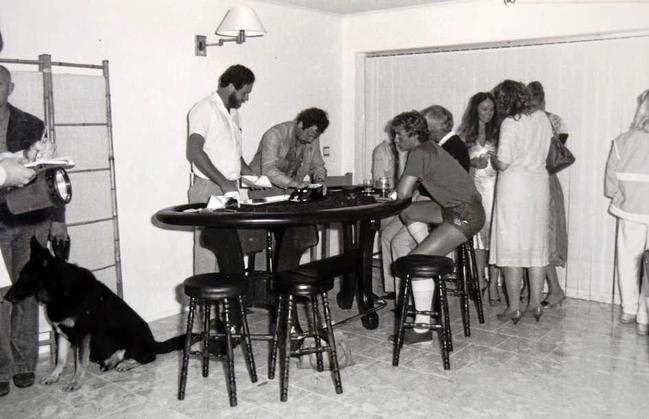
At least 50 people were at the casino, and a police bus from Brisbane, along with dog squad officers, had been brought in for the bust.
Stools, chairs, cards, money and chips were all seized, and Barber was slapped with four charges, including keeping a common gaming house and more.
A roulette table, two blackjack tables and a manille table were also seized, and the gaming equipment was later used to train legal casino operators who went on to work in the Treasury Casino.
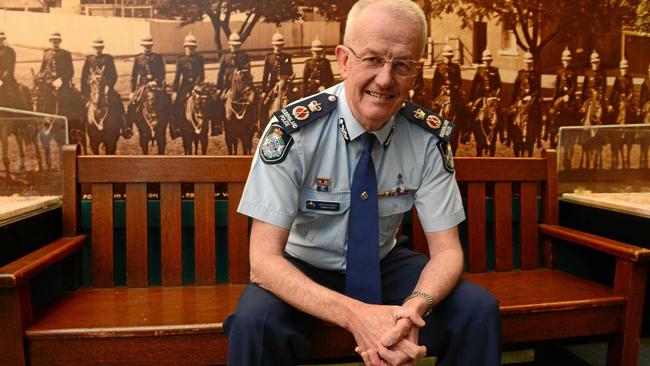
Five other people were charged as part of the raid.
Barber pleaded not guilty, and charges of keeping a common gaming house and possession of instruments of gaming were continued against him.
Barber was convicted on both charges in Pomona Magistrates Court on June 17 and 18, 1985, and all equipment was forfeited to the Crown.
He appealed his conviction for keeping a common gaming house, and that appeal, heard at Brisbane District Court on October 30, 1985, was dismissed and the convictions stood.
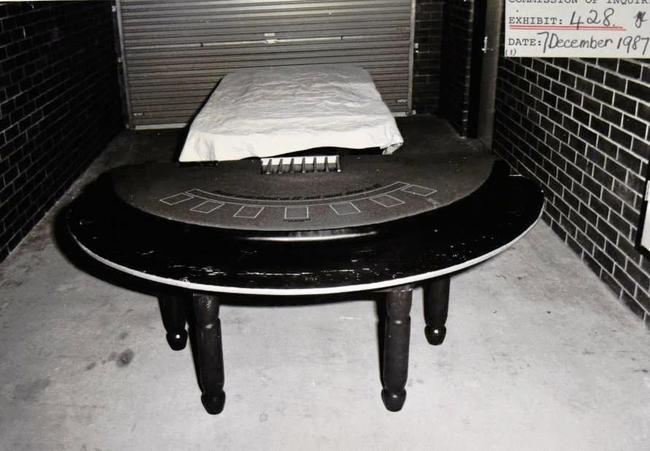
Mr Atkinson said part of their efforts to achieve the convictions had centred around proving a public nuisance aspect to the operation, a point where previous attempts at illegal gaming convictions around the state had failed.
He said free alcohol, drink driving, tax avoidance, associations with criminals and prostitution and the damage to the reputation of police, were all used to strengthen the argument when it came to the casinos.
"People locally knew this was happening and felt the police were corrupt because of it," Mr Atkinson recalled.
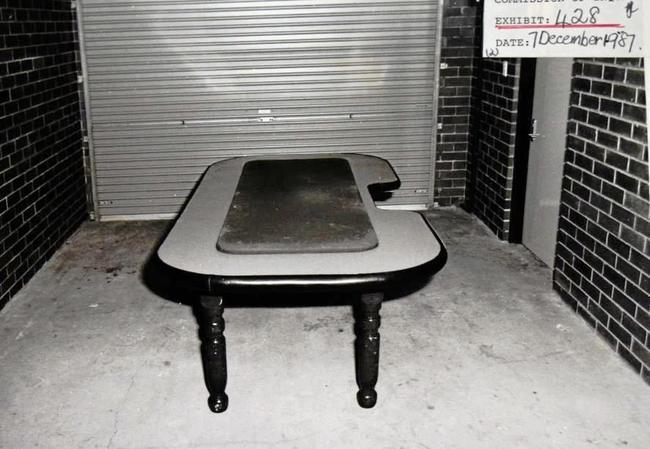
He said the efforts of Cliff Crawford and other legal representatives in having the convictions upheld in the appeal, resulted in it becoming Case Law.
Mr Atkinson, who played a key role in the casino raids, said the efforts of Mr Crawford and the other senior police at the time, were significant, and brave.
"Their careers for doing this probably wouldn't have been enhanced at the time," he said.
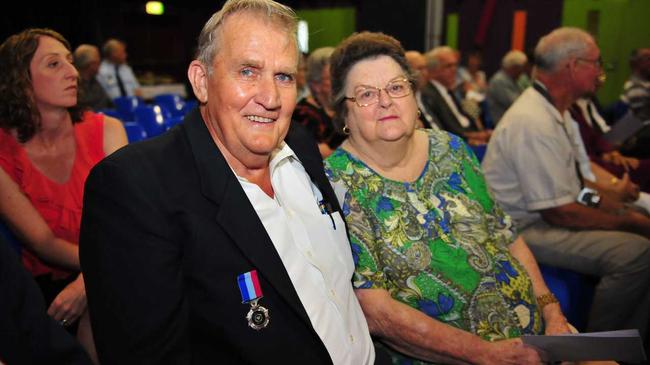
Mr Atkinson said he'd sensed disquiet in the community with the illegal gaming happening, and there was a great sense of satisfaction.
"It was no minor operation," he said.
"It was well patronised. I would think it was quite lucrative."
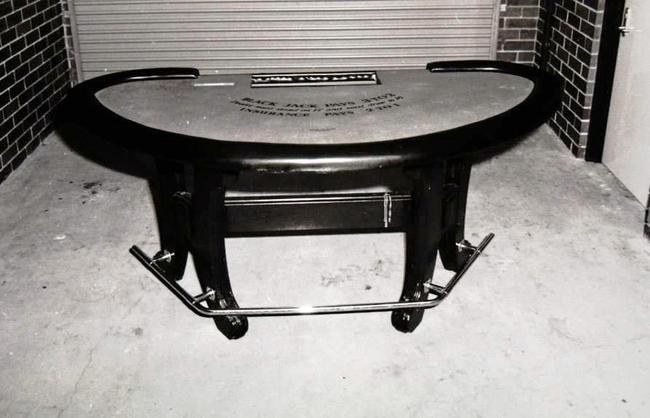
Rumours circulated that Barber had started up gambling activities again in an old Queenslander called Wallace House, on Eumundi-Noosa Rd at Noosaville.
Mr Atkinson said it was more than just a suspicion, and surveillance was kept up on the property.
A Noosa Arts and Crafts history booklet refers to the rumours, after the property became a rental between 1980 and 1992.
"There are rumours that the house was even a casino and later a brothel," the brochure reads.
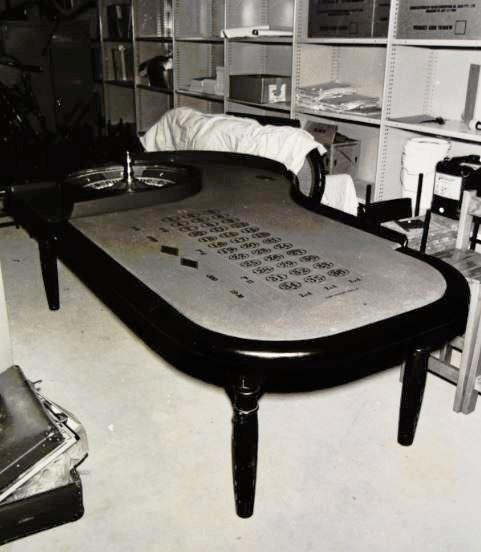
Originally published as Cops expose seedy underbelly in Noosa region

